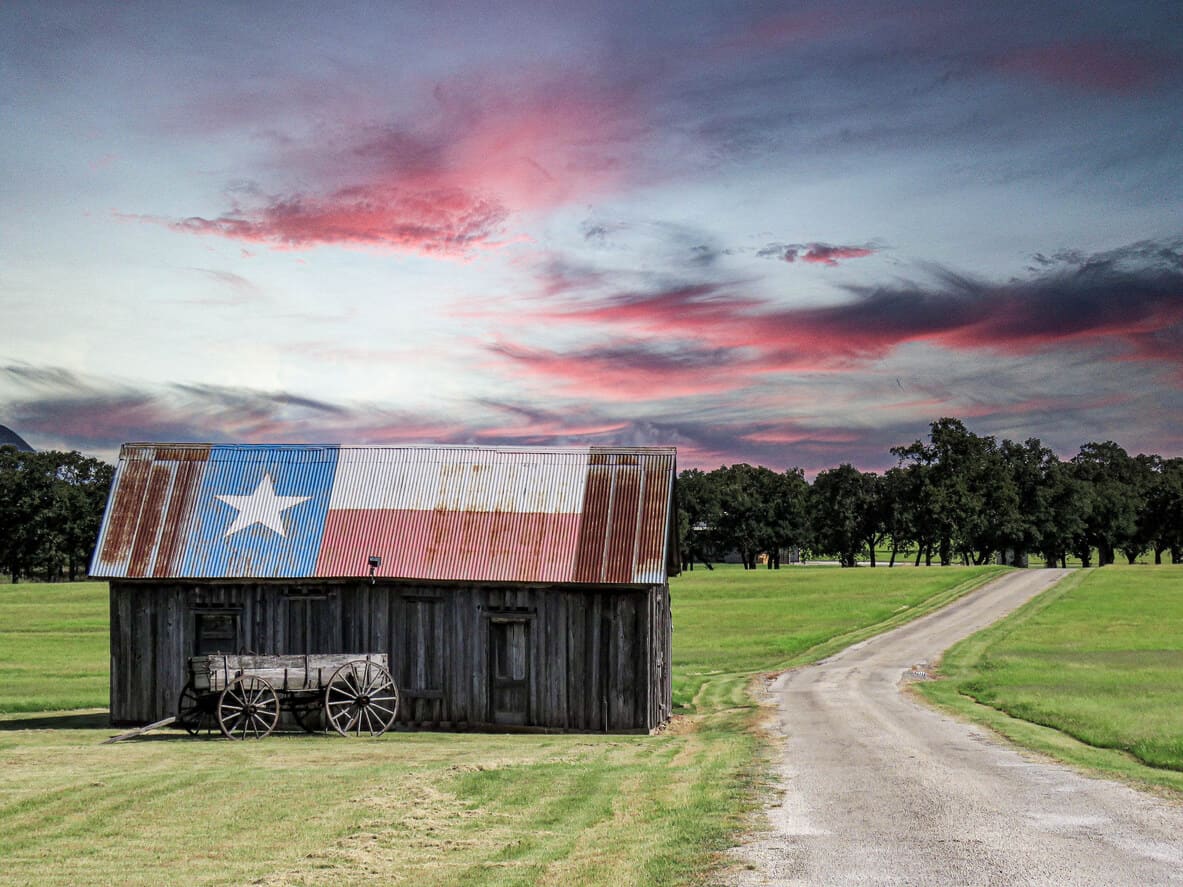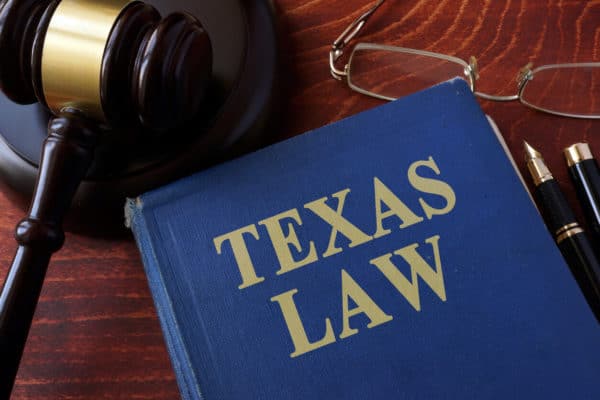
Each state has its own laws and regulations regarding burial, cremation, and funeral services. Before you preplan a funeral service with a traditional funeral home, here’s what you need to know about Texas cremation laws.
Of course, this is a brief overview of cremation funeral laws. For more information or to receive help with issues related to a loved one’s cremation, contact the Texas Funeral Service Commission.
Overview of Texas Cremation Laws
- Simultaneous cremation of two or more human bodies is not allowed without proper permission.
- There is a 48-hour waiting period for cremation in Texas.
- A cause of death is required on death certificates in Texas.
- You don’t have to purchase a traditional casket for cremation.
- Families can scatter cremated remains on private property with permission.
- Ashes can be scattered on public land in Texas.
Texas Laws on Cremation Process

Texas cremation laws are in place to ensure cremations take place with proper permission and adherence to regulations. The cremation process in Texas has certain requirements, from obtaining a cremation permit to filing the death certificate.
Simultaneous Cremation
A cremation provider may not simultaneously cremate the human remains of more than one person in the same chamber unless authorized in writing by the authorizing agent of each deceased person.
Waiting Period for Cremation
Because cremation can’t be undone, there are processes that must be followed before cremation occurs. Texas cremation laws require 48 hours to pass after the death occurs before the cremation permit is signed. The 48-hour wait time is based on the time of death recorded on the death certificate.
Although not part of Texas law, it is common in the funeral business to ask the next of kin to sign a cremation authorization form that acknowledges they are aware that their loved one is being cremated.
Death Certificate
Typically, a licensed funeral director completes the death certificate. The funeral professional gathers personal data from the family for the document. Additionally, they must receive a medical certification that names the cause of death from medical professionals, such as a physician or medical examiner. The body can’t be cremated until the cause of death is established.

Only immediate family members of the deceased can obtain a certified copy of a death certificate if the death occurred within the last 25 years. Additionally, you must provide legal documentation that shows you have a genuine interest in the death certificate — for example, an insurance policy naming you as the beneficiary.
Caskets
Texas law does not require you to buy a casket for cremation service. Federal law requires that a funeral home or cremation provider inform you that alternative containers, such as those made of unfinished wood, pressed wood, fiberboard, or cardboard, may be used during the cremation process.
Also, according to federal law, individuals are not required to purchase caskets from the funeral home or cremation provider. In fact, funeral homes must accept a casket you purchase from another source for the funeral service without adding additional fees to the services.
Texas Laws on Cremation Ashes
Texas law allows cremation ashes to be scattered on public and private land as long as the property owner has given his/her consent. Additionally, cremation ashes may also be scattered over water if certain federal regulations are followed.
Scattering Cremation Ashes on Land
Texas law states that you can scatter cremation ashes over uninhabited public land or on the private property of a consenting owner. When scattering ashes on public land, use common sense and refrain from spreading cremated remains in places where they would be evident to others.
Although state law allows for scattering ashes on public land, check the local laws and regulations. Also, ask permission from a park ranger before scattering ashes in National Parks in Texas.
Scattering Cremation Ashes Over Water
It is legal to scatter cremated remains over water. However, the Federal Clean Water Act requires that ashes are scattered at minimum of three nautical miles from land. You cannot scatter ashes at beaches and must notify the organization within 30 days of the scattering.

For inland water burial, you may need a permit from the Texas agency that manages the waterway.
Scattering Ashes by Air
Federal aviation laws prohibit dropping objects that might cause harm to people or property. So as long as you remove the ashes from the urn, you should be able to spread cremated remains from the air – even over private land.
Storage of Cremated Remains
There aren’t any Texas funeral laws prohibiting the storage of ashes or cremated remains at home.
Texas Laws on Disposition of Remains
Sometimes there is a question of who controls the deceased’s final arrangements. While Texas cremation costs are paid from the assets of the decedent’s estate, there may be questions about which immediate family member can make the decisions. Here is the priority order of who controls the funeral arrangements:
- The person designated in a written instrument signed by the decedent in a prepaid funeral plan
- The decedent’s surviving spouse
- Any one of the surviving adult children
- Either one of the surviving parents
- Any one of the surviving adult siblings
Do You Have Questions About Cremation Laws in Texas?
There are alternatives to high-priced funeral homes. Smart Cremation offers simple, affordable direct cremation. However, we can also answer questions about the cremation process and Texas law. Working with Smart Cremation will also enable you to save 75 percent or more on funeral fees.
Contact your local funeral home if you know your loved one wanted a traditional burial service. However, if you are looking for affordable cremation services in Texas, contact Smart Cremation – any time, day or night.




